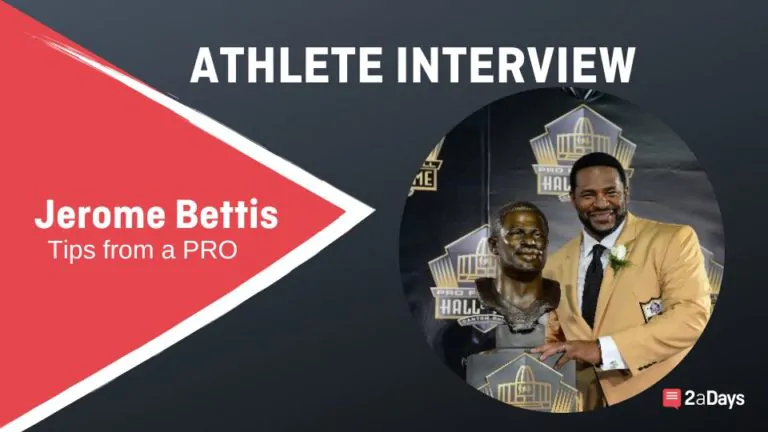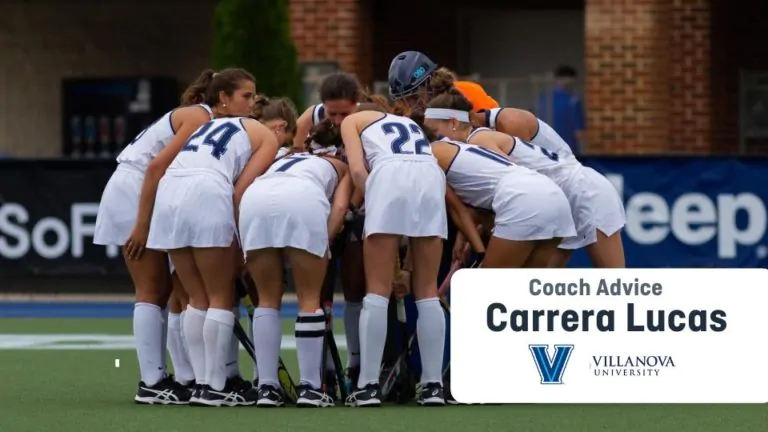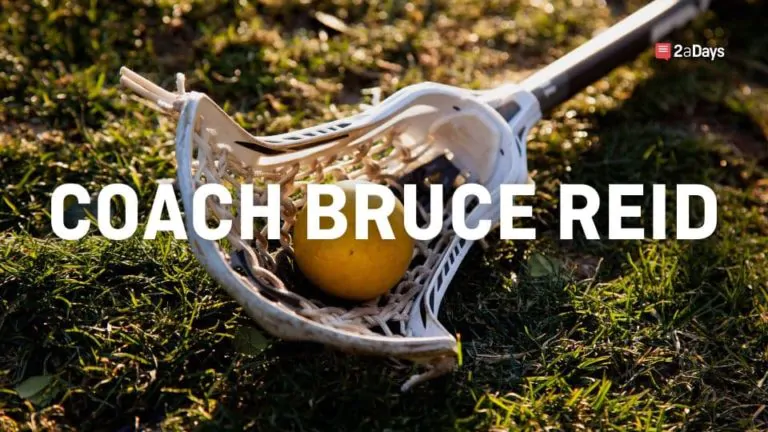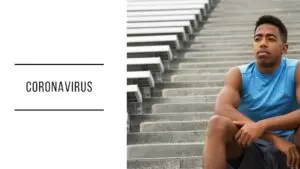The Northern Kentucky women's basketball team just completed their season, and tension surrounds the program as allegations about head coach Camryn Whitaker emerge from graduating senior guard Taryn Taugher and her current and former teammates. These players claim that coach Whitaker allegedly mentally abused them and created a toxic environment for the team, which favored players and put student-athletes in uncomfortable situations. Taryn Taugher sat down with 2aDays to talk about her experience as a student-athlete at NKU and the negative impact Coach Whitaker had on the players. Taryn will be graduating this spring and hopes to pursue a master's or Ph. D in developmental psychology.
2aDays: Why did you choose to attend Northern Kentucky? Did you go on an official visit and if so can you talk a little bit about how the coaches sold you on the school?
I chose NKU mostly because of the area. I loved Cincinnati being so close, and I liked the close-knit community of NKU. I also loved the coaching staff at the time, which was Dawn Plitzuweit and her staff. I loved her aggressive coaching style, and we had a lot in common. I went on an official visit soon after my short unofficial visit. On this official visit, as soon as I got on campus, I had this feeling in my stomach and heart that I was meant to be here. It was a feeling I was told about from others playing college ball. They said you know where you are supposed to commit to because your heart tells you. The coaches did not sell me on the school, really. The girls did. The team was a family, and they did everything together. I needed and wanted in my life for the next four years.
2aDays: During the recruiting process did you get to attend a practice at Northern Kentucky? And if so, what stood out to you?
I did not attend a full-on practice, but I did attend an individual workout that the players had to do. What stood out to me was the fast-paced style of play and the way Coach Plitzuweit coached. She was an in-your-face type of coach who was not afraid to tell you what she needed from her players. I loved that.
2aDays: Did you see any signs of mental or emotional abuse from this coach while on your visits?
I did not see any signs of mental or emotional abuse from Coach Plitzuweit. The girls all loved her and looked like they enjoyed being around her. I also asked the girls to be honest with me about Coach P when we were not around her. They did not have any issues with Coach P.
2aDays: What made you decide to finally come forward about your head coach and speak on the abuse issues?
What made me decide to come forward about our current head coach, Camryn Whitaker, was when over half of my teammates quit the team or transferred. All of my friends that came here before I got here and after I got here were gone, and I knew why. My mental state was deteriorating, as so were other girls on the team. I could not speak out in the middle of the season because it would look like I was disrespecting my head coach, and I was afraid I would get in trouble. As soon as our season was over, after our IUPUI game, I hopped on the bus and started typing. I kept notes of everything Coach Whitaker has done the past three years, and I made sure I had everything I needed to go public.
2aDays: Did you ever plan to transfer schools? If so, please explain why you chose to stay and deal with this abuse?
I did not ever plan to transfer. I loved NKU so much that I knew I would be unhappy elsewhere. I had such close, great connections with the faculty in the psychology department. I am also apart of research in the psychopharmacology/neuroscience laboratory, that I have been a part of for three years now, and I could not leave my mentor and co-workers.
2aDays: How did the coaching style and philosophies of your head coach affect the culture of the team?
The demeaning and degrading coaching style and philosophies hurt my teammates and my mentality. It split us up and divided each of us into different little cliques. Some cliques were favored more than others. The team was split from the get-go, and it followed us off the court as well. After every practice, there was always someone crying in their locker with their head down. But they couldn't talk to anybody about it because everybody was treated differently. Nobody wanted to practice; nobody wanted to be at the BB&T Arena. Her idea of micro-managing us turned the team against her right away.
We were seen as dogs on leashes. Honestly, we were referred to as having leashes according to the coach. She said that each of us had a different sized leash. If you had a log leash you were allowed to make more mistakes than others on the court. If you had a short leash, you could only make one mistake. This was “the way it was” and were told to deal with it.
2aDays: What are some examples of the abuse your teammates and self went through under Coach Whitaker?
Coach Whitaker told another girl and me that we suck the life out of her. She loved to refer to us as spoiled babies and tie our family and personal lives into basketball. An example of this is when she told a teammate the only reason she was playing badly was because of her relationship with her dad. Not only did the abuse happen behind closed doors but with recruits around as well. Coach Whitaker talked badly about certain players to recruits, she referred to us as selfish people, and she even kicked my leg out from under me and made me fall into a recruit and their family on a visit. She found this funny and laughed at me. Sexual references as well were made on multiple occasions when she touched a teammate's breast in front of me at a Florida tournament and to our male practice players and athletes on the court and in the weight room.
2aDays: Was there any faculty, staff, or administrators that listened and tried to help the situation?
A strength trainer was there who talked to me about it and gave me advice. An academic advisor had us go to his office and cry our eyes out but never did anything because Coach “intimidated and “scared” him. My psychology professors were great to vent to and always listened to me. I went to Title 9 and Employee Relations faculty with my complaints, and they never followed up with me and wouldn't talk about it anymore because my case was “confidential.”
2aDays: After coming forward and sharing your story, has there been any change or call to action by the Northern Kentucky Athletic Department within the last few weeks?
There has been no change or call to action by NKU. Coach Whitaker was still walking around BB&T and the AD had a cookout for the girl's still left on the team. They have not contacted me either.
2aDays: What advice would you give a high school athlete going through the recruiting process as far as what to look for in a coach, school, or program?
My advice would be to talk to the girls on the team currently. Get them one on one and make them be honest. If girls have transferred from that team they are looking at, contact them, and ask why they left. I would also say to make sure the girls on the team all get along and are always together, this shows that they are not in cliques and that they enjoy being a team. I would also say to visit every single school that has contacted them and is recruiting them. My most important word of advice is that if they don't get that tingly feeling in their heart at the school, it is not the right school.
2aDays: We need more athletes like you who are willing to step forward to help other athletes. What advice would you give athletes who are going through the same situation at their university?
I would tell these struggling athletes to reach out to anybody and everybody they can. Get the word out on what is going on. If something doesn't feel right or you are uncomfortable, it's your gut telling you that something is wrong. As college athletes, we are all accustomed to hard practices and tough coaches, but never should we feel unsafe or that our mental state is being compromised. I would also tell them that they are not alone. Somebody else is suffering too, and together we can all fight coach abuse.
Lastly, stay strong. You know your boundaries, and you know what is right. It is time to make a change and stand for our rights as student-athletes. We have so many pressures going on in college, school work, practice, games, and managing a decent social life. We are amazing people and athletes.
* Originally published on April 8, 2019, by 2aDays Staff







